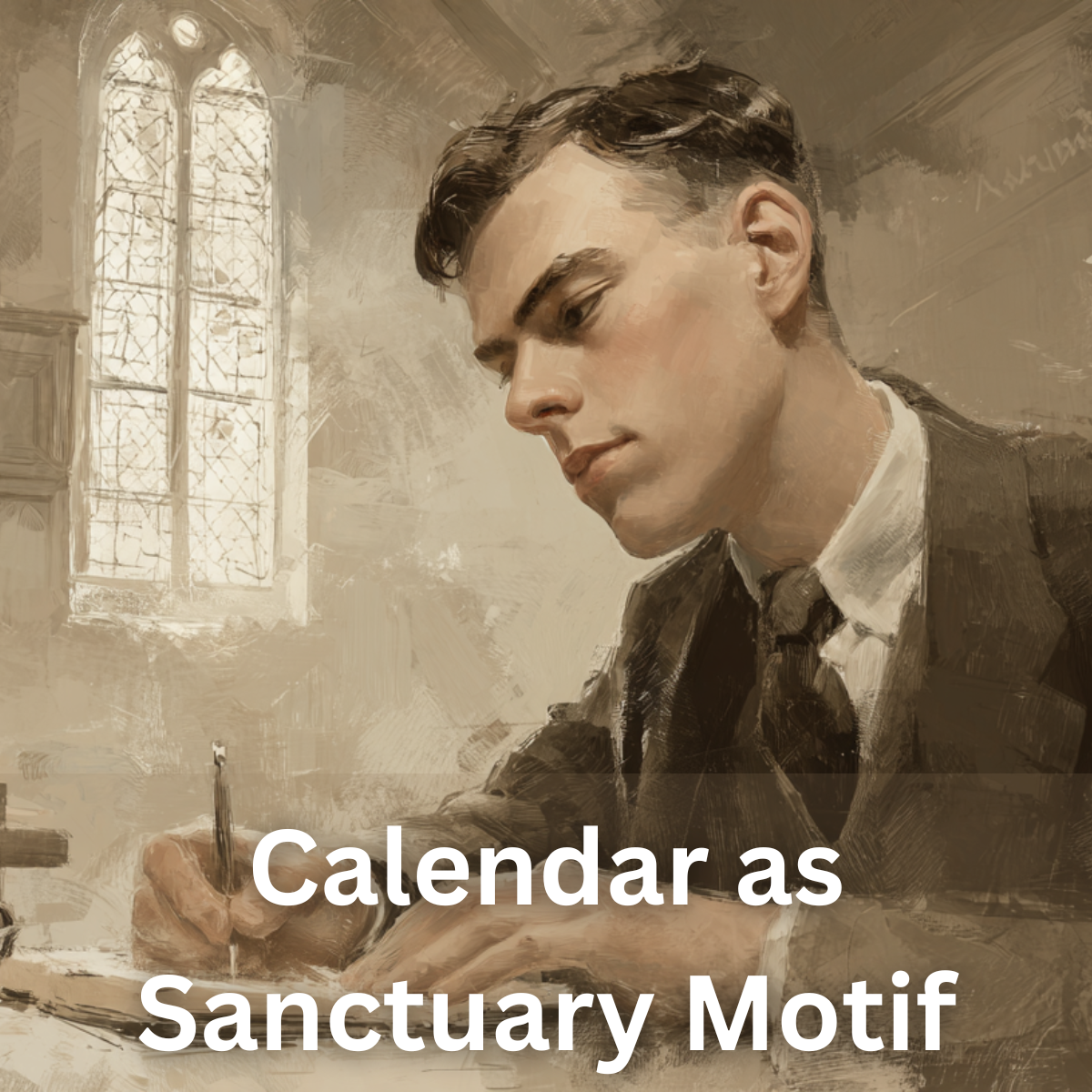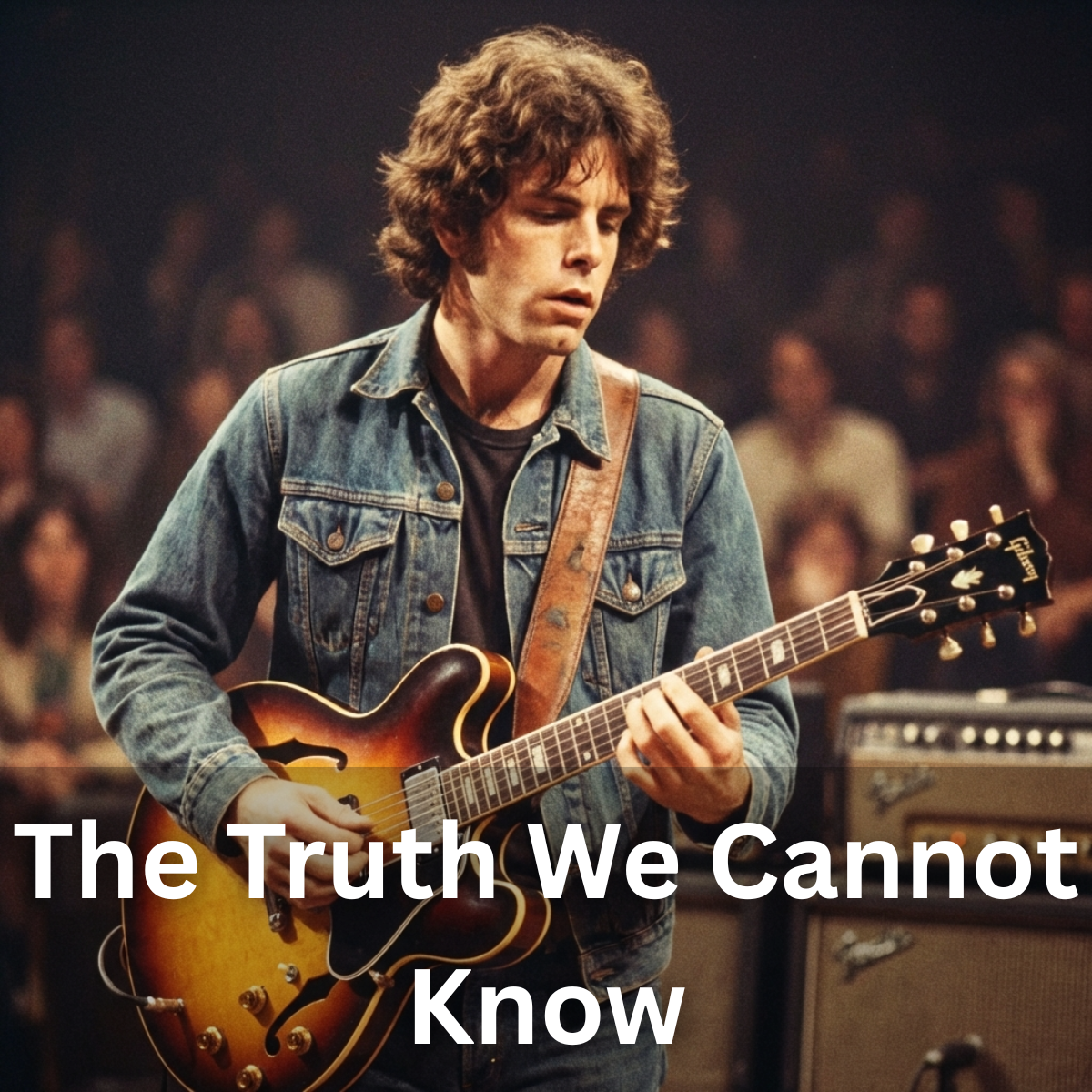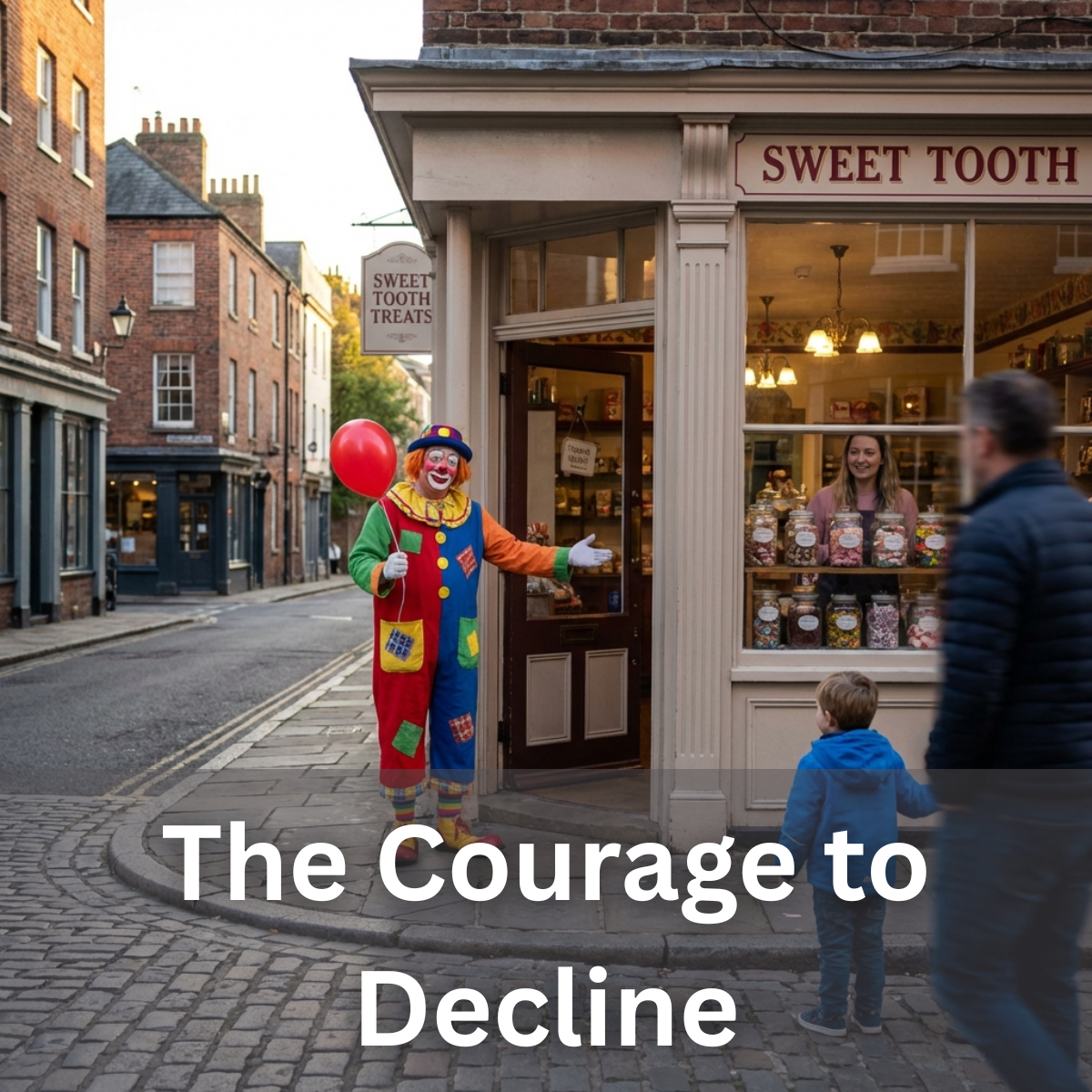Aesop’s fables. There is tremendous value in story. Who knows where the fables that the Greek philosopher had collected actually came from? He recorded most these fables about 600 BCE, and these stories are a collection of social wisdom most likely passed down for centuries.
As we recount the story of the Tortoise and the Hare, we are all familiar with the story. Even 2618 years after Aesop recorded this fable, we still tell the story. The story gets told in song, in movies, in cartoons, and in books that we read our children. The lesson being taught by the story is vague, yet we find meaning.
Nowadays we can tell pass knowledge down to the next generation like never before. Even this blog I am writing is going to be archived and there is a great chance that my children’s children will be able to recount Grandpa Guy’s epic struggle to keep the 365. Not sure the impact that the ability to relay story directly to our descendants is going to have on society – but I am sure it is going to be significant – if not already.
If I am interested in hearing what Joseph Campbell had to say 40 years ago on a topic, not only can I read his printed word in multiple forms, but I can listen to it as well. I can watch videos of him directly talking about the subject matter. Never before have the brilliant persons of our age been able to communicate to future generations in this way. Ok – maybe I am not brilliant – in fact – my descendants will most likely think I was a raving lunatic!!
Can you imagine, however, what Einstein’s youtube channel would have been like? MLKs’ podcast? Can you imagine reading the daily blog entries of one Abraham Lincoln? In 500 years from now – we will not only be able to study the impact of Trumpism – but we will be able to pull up an archive of all his tweets. That is just incredible if you really think about it.
I imagine the technology will exist at some point where my personality, my typical responses, my reactions, my world view can and will be mimic’d by AI and in 8 generations from now one of my descendants might be able to actually have a conversation with me. Ted Williams had the wrong idea, instead of freezing his brain, he should of just had someone record his every thought, emotion, opinion, decision and behavior during the day and then at some day in the future a programmer could create the Ted Williams bot and voila – have a conversation with Mr. Williams and get his take on the modern political landscape.
Point is – stories are very important. Stories from the Bible, the Koran, Aesop, Chaucer, Shakespeare are all collections of social learning that is passed down. Quite literally, the Torah probably contains the collective knowledge of the human condition for 20,000 years. Better think twice before you discard the Garden of Eden story as religious rubbish. There is probably more truth contained in one chapter of Genesis than all of the study of human psychology for the last 100 years.
Do not care if you actually believe that a serpent beguiled Eve, the mother of all living, to eat of the fruit of knowledge of good and evil – but really think about that concept for a few minutes. That story exists for a reason, and it is more core to who we are then anyone would like to admit. There is a reason that scholars like Joseph Campbell discovered that almost every major culture has a similar story and funny enough they involve a snake like creature.
So the story of the Tortoise and Hare is very applicable to me. I feel like it is a life lesson being passed on from over 100 generations ago. The story that emerged and became Aesop’s fable did not originate from a semi-primate cave dweller. This story has an intelligence to it that has survived the test of time. The need to get productive members of our society to focus on the correct things was true in the pre-bronze age just as much as it is in the silica age.
As I think about what new things I can to, what I can focus on to make myself a better person – I contemplate what the story of the Tortoise and the Hare is teaching me. What is better? The raw talent that I have spending a day in sudden fury to work on making progress – only to take a nap for a few weeks or the habitual repetition of correct activity in small increments that is consistent over time? I think we know the answer – Aesop’s fable taught us. The story taught us. Our ancestors are speaking from the dust.
So focus on what you can do everyday that is repeatable and profitable for you and and the end of the race you will be better for it.
Guy Reams (138)
365 Member



